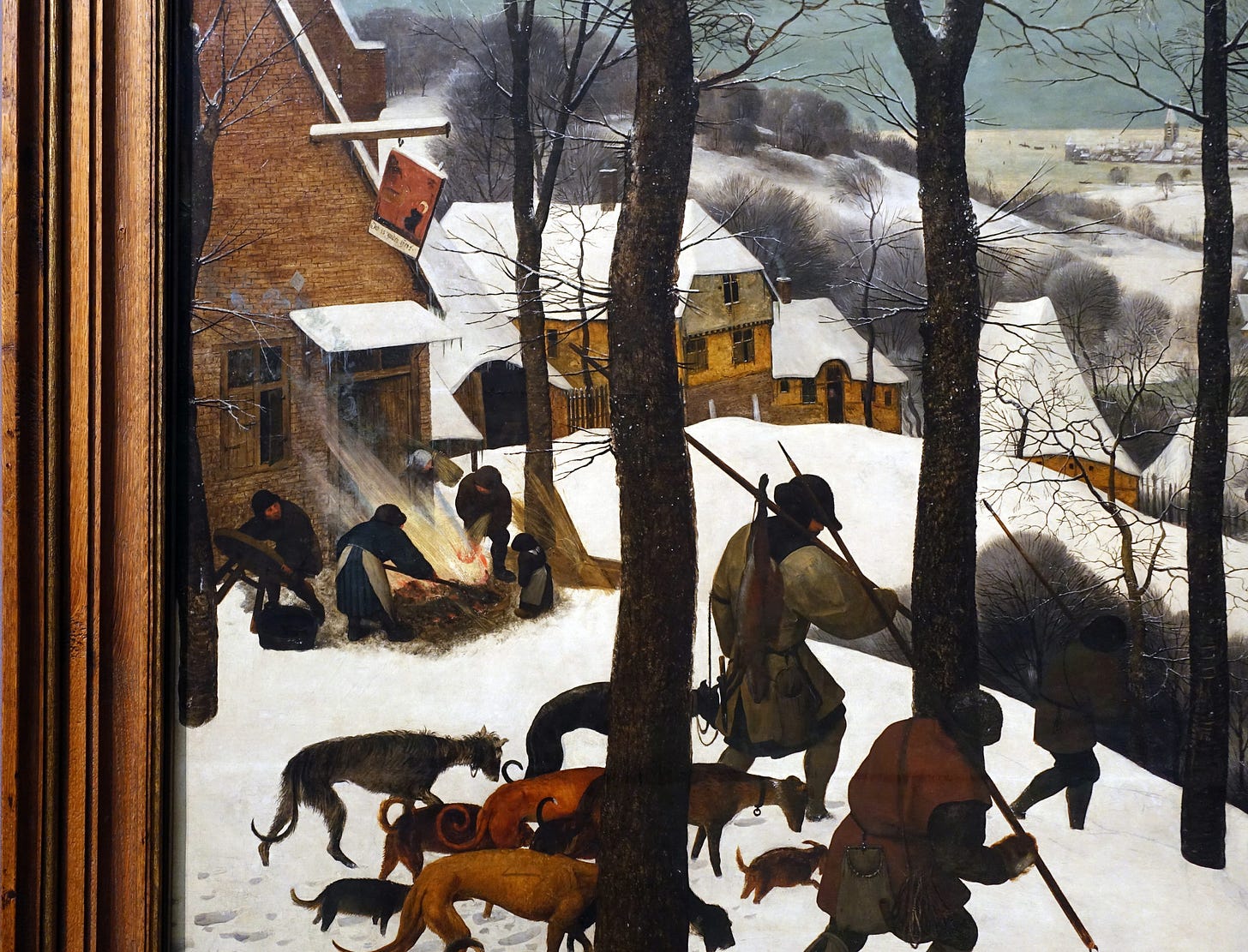Second Nature Skills
What can you do without trying that hard?
Ever noticed how some things just come naturally to you, while other people have to try really hard at the same things? I call these “second nature skills.” You probably have more than one.
These aren’t necessarily the innate talents your parents could rattle off about you (though you can have a natural penchant for them). They aren’t always your most standout qualities or the ones you care the most about either (though they could be). Rather, they tend to be specific, often niche abilities you’ve uncovered over time, in practice, usually without realizing it.
The MacGyver of the Household
Over time I’ve stumbled across a bunch of these for myself.
Growing up, I was the MacGyver of the household (my parents would later say). I could make just about anything with tape and random junk from the junk drawer. I was also the go-to person for finding anything that went missing around the house. I had this uncanny ability to remember se…



